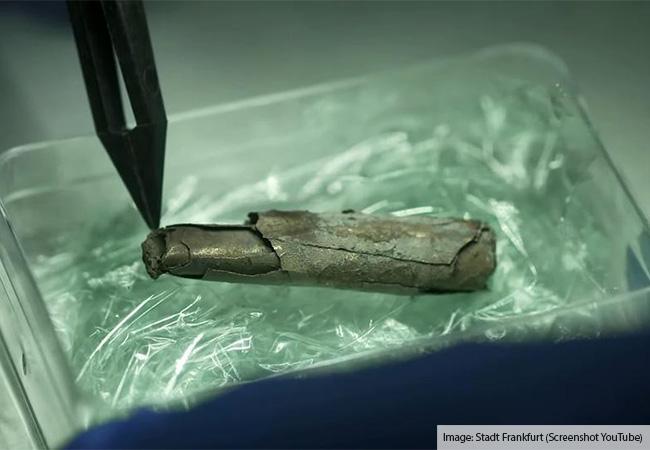Blog Search Results

27 results for authority
found
within the Blog
3 displayed out of 27 (0.02seconds)Page 5 of 5
Debunking the Myth: The Council of Nicaea and the Formation of the Biblical Canon
Posted by Luke J. Wilson on 20th November 2023 in Early Church | church history,council of nicaea,myths,debunked,canon,biblical canon
A myth that never seems to fade away: the idea that the Council of Nicaea, convened in 325 AD under the authority of Roman Emperor Constantine, played a pivotal role in establishing the Biblical canon. This notion suggests a conspiracy and power play orchestrated by a select group of elite bishops; a narrative popularised by works like Dan Brown’s Da Vinci Code. However, a closer examination reveals a lack of historical basis for this claim.
The Council of Nicaea and the Canon
Contrary to popular belief, there is no evidence that the Council of Nicaea discussed or established the Canon of Scripture, leading to the creation of the Bible. Early Christian cano...
Understanding The New Testament: Inspiration, Canonisation, And Historical Context
Posted by Luke J. Wilson on 23rd December 2023 in Early Church | Inspiration,Scripture,early church,early church fathers,islam,Bible
...cess. The authority of the authors played a crucial role, and texts were included based on their ability to teach the fullness of salvation and faith. Noteworthy texts, like the Didache, were highly regarded, read, and taught to new converts but did not meet the specific criteria for canonisation. The canon was a dynamic concept, and some New Testament books faced scepticism before gaining widespread acceptance.
These texts were known as “antilegomena” (from Greek ἀντιλεγόμενα) literally meaning “spoken against”. In the Early Church, the antilegomena enjoyed widespread readership, encompassing works such as the Epistle of James, Jude, 2 Pet...
Implications Of The Frankfurt Silver Amulet: Insights Into Early Christian Practice And Belief
Posted by Luke J. Wilson on 6th January 2025 in Archaeology | amulet,liturgy,history,current events,early church
...Apostolic authority and continuity. Titus, known for his leadership within the early church, symbolises the rootedness of Christian faith in the teachings and mission of the Apostles.
In this context, the invocation of a saint also invites a deeper exploration of the “cult of saints,” a term scholars use to describe the veneration of saints within Christian tradition. The cult of saints became a significant aspect of Christian worship in the 4th and 5th centuries, with practices such as the commemoration of martyrs, the dedication of churches to saints, and the belief in their intercessory power. The earliest documented evidence of this practice, including...

